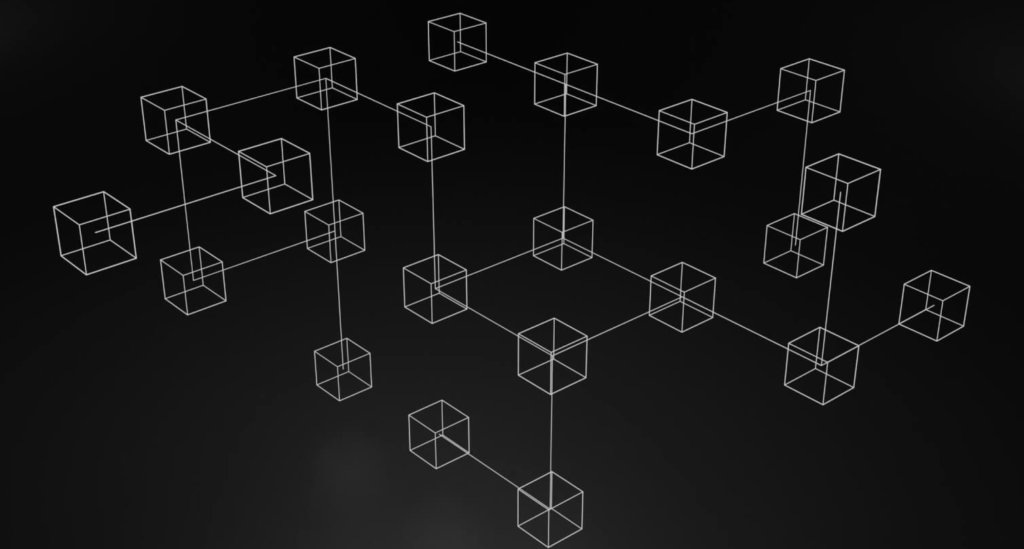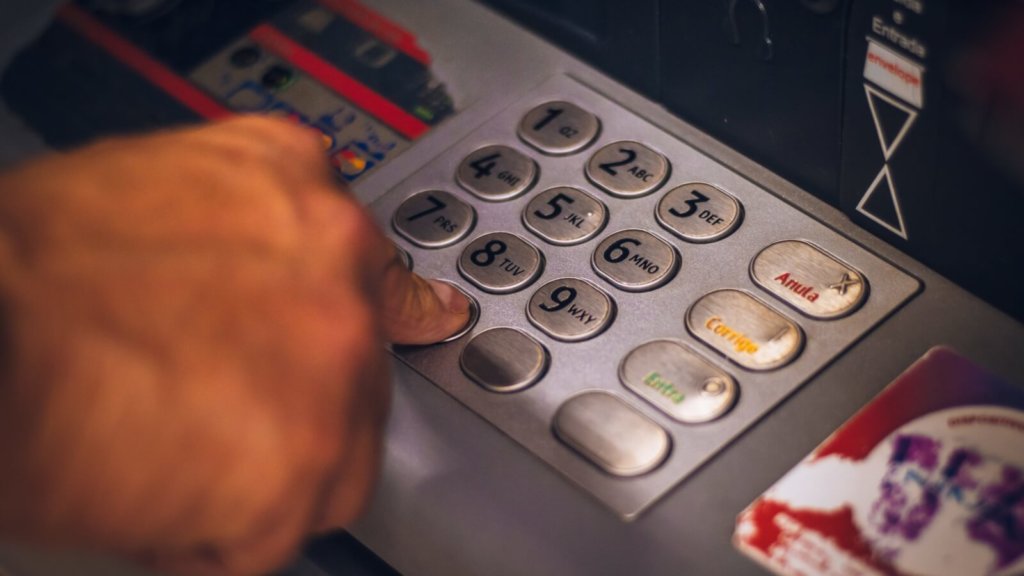
With all the recent talk about utilizing blockchain from tech giants like Samsung, we here at Dogtown Media — a top-tier iPhone app developer in San Diego — thought we’d join in on the fun and offer some insight into why the block is being adopted by so many platforms – and why 2022 might be the biggest year for blockchain yet.
Ever since the blockchain was created in 2008, blockchain has been predominantly used by the crypto industry to trade digital currencies due to its highly-secure, high-speed, and decentralized structure. Within the past few years, however, developers have discovered that blockchain technology isn’t only beneficial for crypto, as it’s proving to be deployable within a number of different industries.
As a prominent iPhone app development company, we thought it would be useful to dig into some of the nuances around blockchain. we will be discussing some of the many benefits that blockchain technology has to offer. In addition, we’re going to take a brief look ahead at the future of blockchain and how the ability to customize the block can be instrumental in the development of decentralized applications.
The Benefits of Blockchain

So, what exactly is blockchain? In essence, blockchain is a shared digital ledger composed of records, or “blocks”, that is essentially used to record transactions and track assets. And, as we mentioned prior, even though blockchain has been primarily used throughout the crypto industry, we’re starting to see that the block has the potential to expand far beyond digital asset applications.
For instance, many economic sectors, including finance, healthcare, manufacturing, and tech, are currently exploring the integration of blockchain technology into their platforms. To further explain why countless industries are flocking toward the block, we’ve highlighted three of the greatest benefits blockchain technology has to offer:
Secure Data Access
 Unlike centralized databases that ignore current data laws and collect and share people’s data without their consent, blockchain technology allows users to limit the accessibility to their data.
Unlike centralized databases that ignore current data laws and collect and share people’s data without their consent, blockchain technology allows users to limit the accessibility to their data.
How does the block do this? Well, blockchain holds data in a chain of encrypted blocks and validates the information within the block on a digitized shared ledger that is only accessible to authorized individuals. In addition, this data is irreversible and stored on a decentralized network, making it virtually implausible for malicious entities to tamper with the ledger.
In essence, blockchain creates a sense of trust between different users where trust is virtually nonexistent. Consequently, these users are willing to engage in business transactions and/or data sharing that they would have typically avoided prior to blockchain.
Speed and Efficiency

Blockchain has the ability to handle transactions notably faster than traditional methods by eliminating intermediaries and removing manual processes that would typically eat up time during conventional transactions.
While blockchain can sometimes handle a transaction within seconds, times often vary due to a variety of factors such as the magnitude of each block of data or how busy the network is. Nonetheless, it’s widely agreed that blockchain transactions will beat other processes and technologies with regard to speed.
Reduced Operating Costs

Another key benefit of blockchain is that it can reduce operating costs for businesses. How can it do this? Well, for starters, blockchain technology can develop efficiencies in processing transactions, reduce manual tasks such as amending data, and greatly simplify reporting and auditing processes.
Not to mention that blockchain also helps businesses cut costs by eliminating the middleman, or third-party providers, which are no longer required thanks to the vast capabilities of blockchain. In other words, blockchain technology is proving to be the Swiss Army Knife that businesses have been looking for.
The Future of Blockchain

It’s no secret that blockchain-enabled business models will be instrumental in shaping how businesses operate in the future. As more businesses adopt blockchain, however, they’re quickly realizing that it’s far from a perfect platform. For instance, currently, many blockchain-enabled businesses are experiencing fragmented workflows as a result of cross-chain operability solutions, or a lack thereof.
Hence, there is a rapidly increasing demand for platforms that deliver a single UI for users to interact with. In other words, blockchain technology must evolve to meet the interoperability needs of businesses – this is where the multichain comes into play.
MultiChain, for example, is an open-source blockchain platform designed to build and deploy private blockchain applications that function within or between organizations (a.k.a., the multichain). With the ability to customize the blockchain ecosystem, the multichain opens up a plethora of possibilities when it comes to developing decentralized applications (DApps).
In other words, while there are infinite possibilities for the future of blockchain, the multichain is one concept that will likely help developers add to the scalability of the blockchain ecosystem and establish seamless interoperability for business applications.





